
OR
NC and impeachment
During his eight years in the White House the Republicans have often accused US President Barack Obama of ‘leading from behind’ on foreign policy. The insinuation is that the Nobel Peace Prize winner has been happy to let other countries set the agenda on such crucial fronts as post-Gaddafi Libya and Bashar al-Assad’s Syria, which in turn is seen as a failure of American leadership. We don’t know whether ‘leading from behind’ aptly describes Obama’s foreign policy. But it seems a perfect fit for Nepali Congress.
The oldest running democratic party in the country, and currently also the biggest, once used to set the national agenda under its charismatic leaders like BP Koirala and GP Koirala. Whether it was BP’s decision to ally with the king back in the 1960s or GP’s as momentous decision to jettison monarchy following the 2006 Jana Andolan, these Congress leaders were trendsetters. But as of today Congress remains a shadow of its former self, the faction-ridden party instinctively following the agendas of other parties.
This new tendency of Congress to follow rather than to lead has once again come to the fore on the question of impeaching CIAA Chief Lokman Singh Karki.
Even as an impeachment motion has been tabled in parliament, it is unclear where Congress—without whose support it is impossible to impeach Karki—stands on the issue. While young Turks like Gagan Thapa and Biswa Prakash Sharma are strongly in favor of impeaching Karki, the same cannot be said of senior Congress leaders who are still sitting on the fence. It does not behoove the largely democratic party in the country to protect perhaps the biggest threat to Nepali democracy right now. It appears that many senior Congress leaders fear that the impeachment motion, jointly tabled by CPN-UML and CPN (Maoist Center), is an effort to single out Congress, perhaps even to break the current ruling coalition. Some senior leaders also appear reluctant since, if the impeachment motion is successful, the two communist parties could take all the credit.
But these are self-defeating arguments. What does it matter which party tables a motion of national interest? Once it was tabled, Congress should have unconditionally supported the popular bid to impeach Karki, someone who has a proven track record of abusing his authority.
It would have been better still had Congress itself tabled such a motion. But some senior Congress leaders wanted to protect Karki. They perhaps had something to hide and feared that if Karki was cornered the CIAA chief could leak information implicating them in various corruption cases. Or they could have been silenced for other reasons. Whatever the case, as a result of their cravenness, the once potent party of BP and GP has been reduced to an ineffective and unpopular giant bureaucracy that is badly out of touch with public pulse. So it is UML’s KP Sharma Oli and Maoist party’s Pushpa Kamal Dahal who are seen to be setting all the important national agendas following the second CA elections in 2013, which, incidentally, returned Congress as the biggest party in parliament. Congress will continue to follow the herd unless Sher Bahadur Deuba learns to stamp his authority as chairman and strives to better understand the public mood so that he and his party can stay ahead of the curve—and not always follow Messrs Oli and Dahal.
You May Like This

Suspects behind bars for years awaiting final hearing
DHANUSHA, Feb 14: Ram Ishwar Yadav alias Bechan Yadav of Chorakoyalpur -6 in Dhanusha arrested on a murder charge has been... Read More...
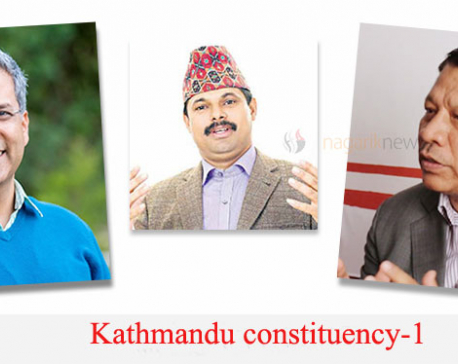
Prakash Man Singh leading with narrow margin
KATHMANDU, Dec 8: Nepali Congress candidate from Kathmandu-1, Prakashman Singh has lead to Bibeksheel Sajha Party candidate Rabindra Mishra with... Read More...
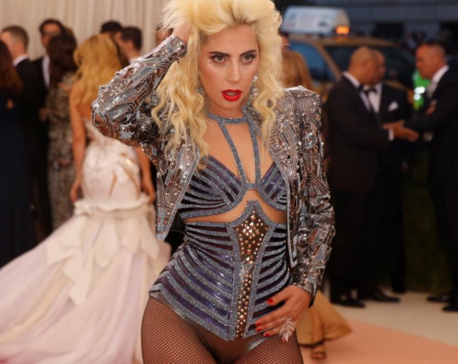
Lady Gaga hints reason behind her split with Taylor Kinney
LOS ANGELES, Nov 28: Singer Lady Gaga has hinted at why her engagement to actor Taylor Kinney was called off. Read More...


Just In
- Kathmandu continues to top the chart of world’s most polluted city
- JSP Central Executive Committee meeting today
- Ambassador Adhikari presents his letter of credentials to Turkish President Erdoğan
- Bajhang by-election: Construction of Taklakot Road is common election agenda of candidates
- Meeting of Finance Committee being held today to discuss 2025/25 budget
- Stakeholders call for transparency as Beijing pushes for early implementation of BRI projects in Nepal
- Special Court orders judicial custody for Sunil Paudel over illegal wealth acquisition charges
- District Court Rautahat sentences four individuals including Aftab Alam to life imprisonment









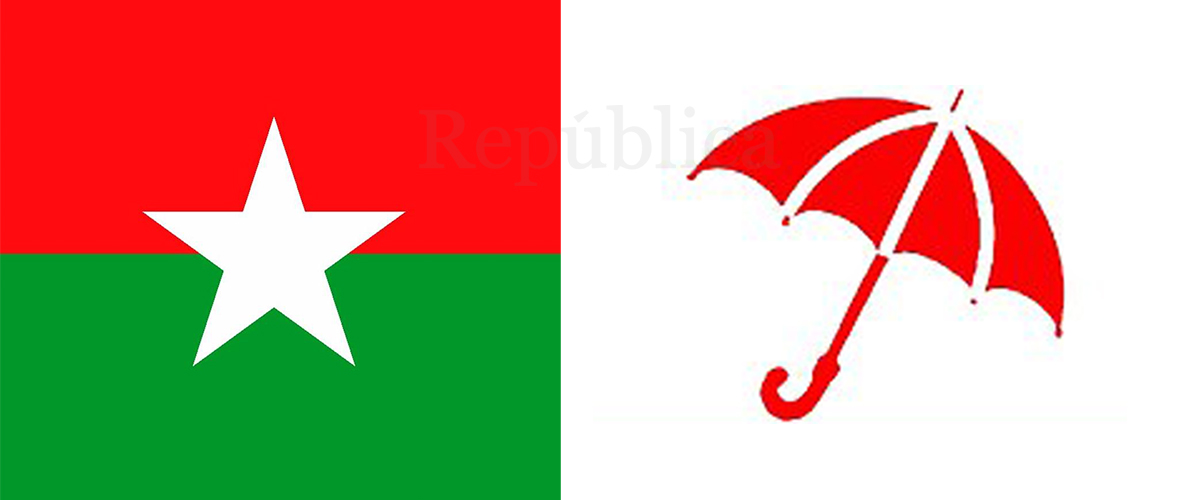
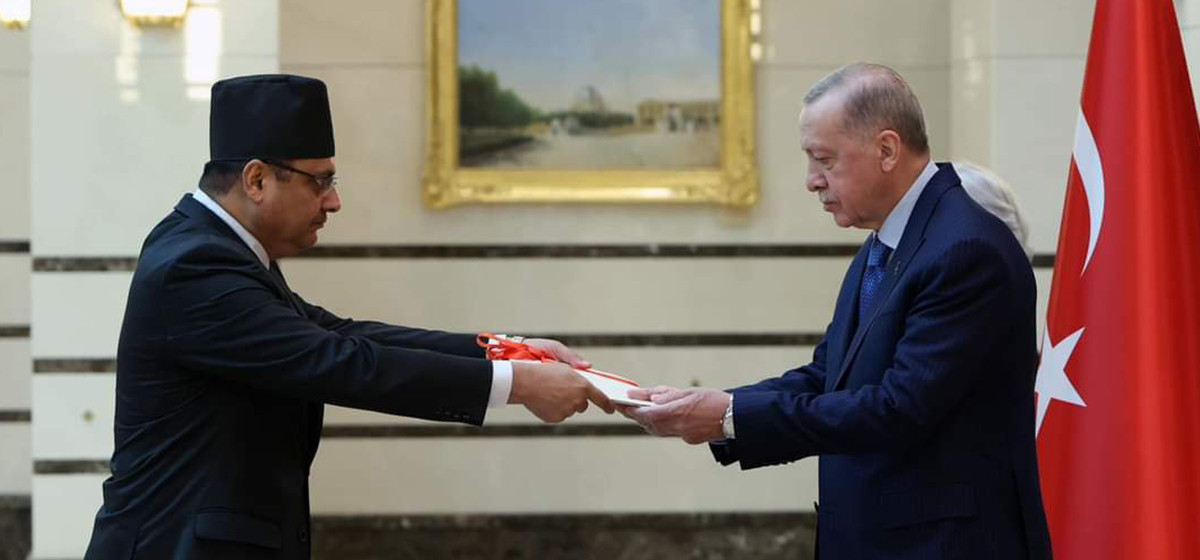
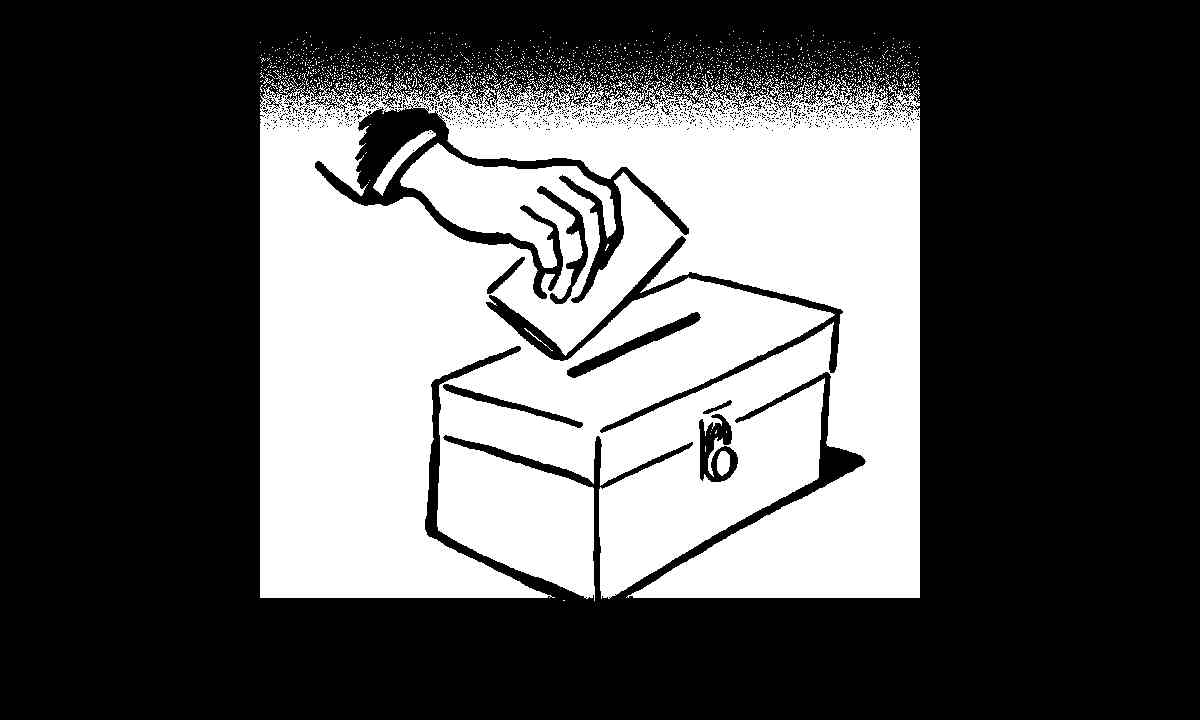
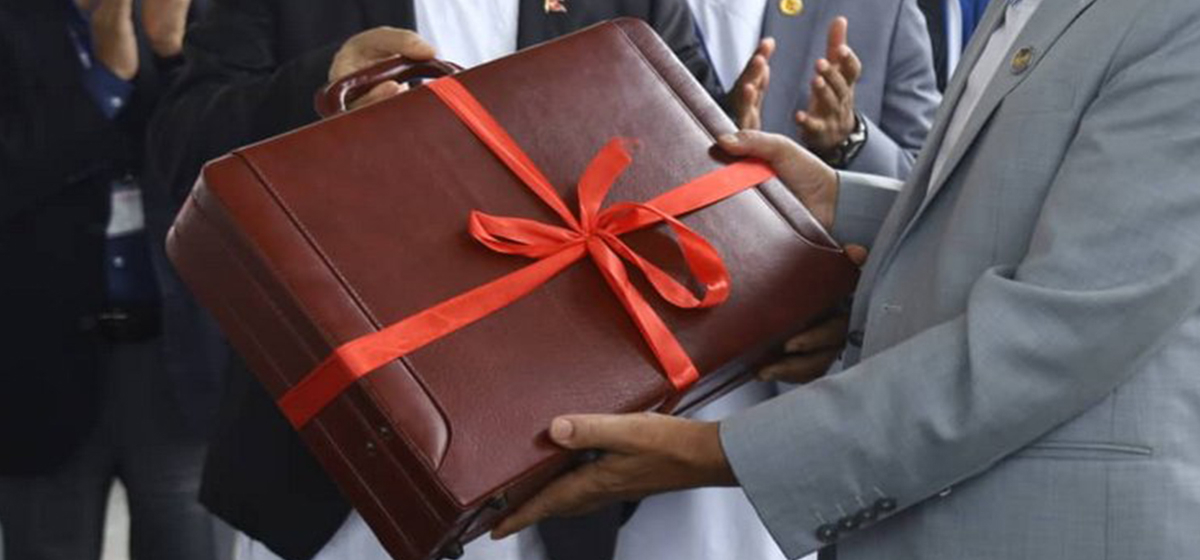

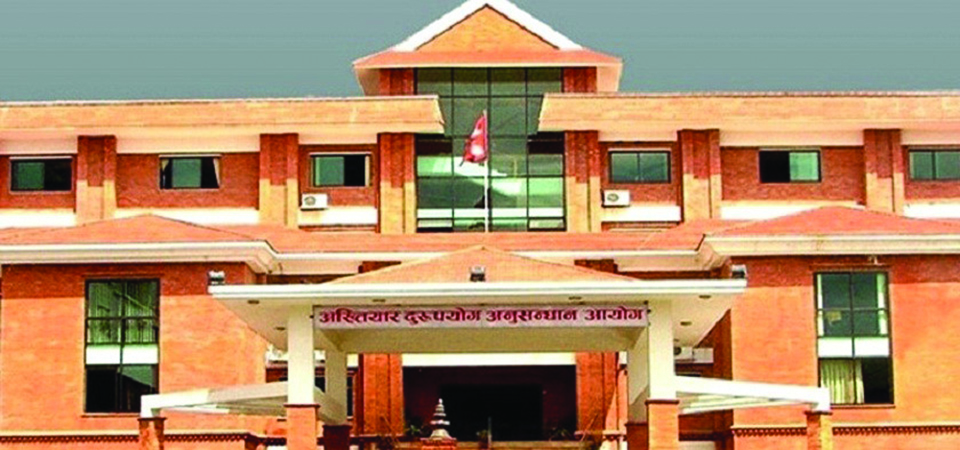

Leave A Comment